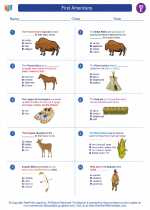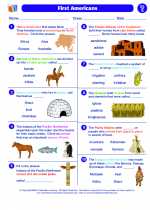Navaratri: A Celebration of Goddess Durga
History and Origins
Navaratri has its roots in ancient Hindu mythology and is associated with the triumph of good over evil. The festival is linked to the goddess Durga's victory over the buffalo demon Mahishasura, as well as the triumph of Lord Rama over the demon king Ravana in the epic Ramayana.
Religious Significance
Navaratri is a time for devotees to seek the blessings of the goddess Durga and to purify their minds and bodies through prayer, fasting, and meditation. The festival emphasizes the importance of righteousness and the eradication of negativity.
Celebrations and Rituals
During Navaratri, devotees participate in various rituals such as the recitation of sacred texts, the offering of prayers and flowers to the goddess, and the performance of traditional dances like Garba and Dandiya. Each day of the festival is dedicated to a different form of Durga, and special pujas (worship ceremonies) are conducted.
Regional Variations
Navaratri is celebrated in different ways across India. In Gujarat, the festival is marked by lively Garba and Dandiya Raas dances, while in West Bengal, it is associated with Durga Puja, a grand event featuring the worship of intricately crafted idols of the goddess.
Cultural Significance
Navaratri is not only a religious festival but also a celebration of India's rich cultural heritage. It is a time for families and communities to come together, dress in traditional attire, and showcase their devotion through music, dance, and art.
.◂Social Studies Worksheets and Study Guides Fifth Grade. First Americans

 Worksheet/Answer key
Worksheet/Answer key
 Worksheet/Answer key
Worksheet/Answer key
 Worksheet/Answer key
Worksheet/Answer key
 Worksheet/Answer key
Worksheet/Answer key
